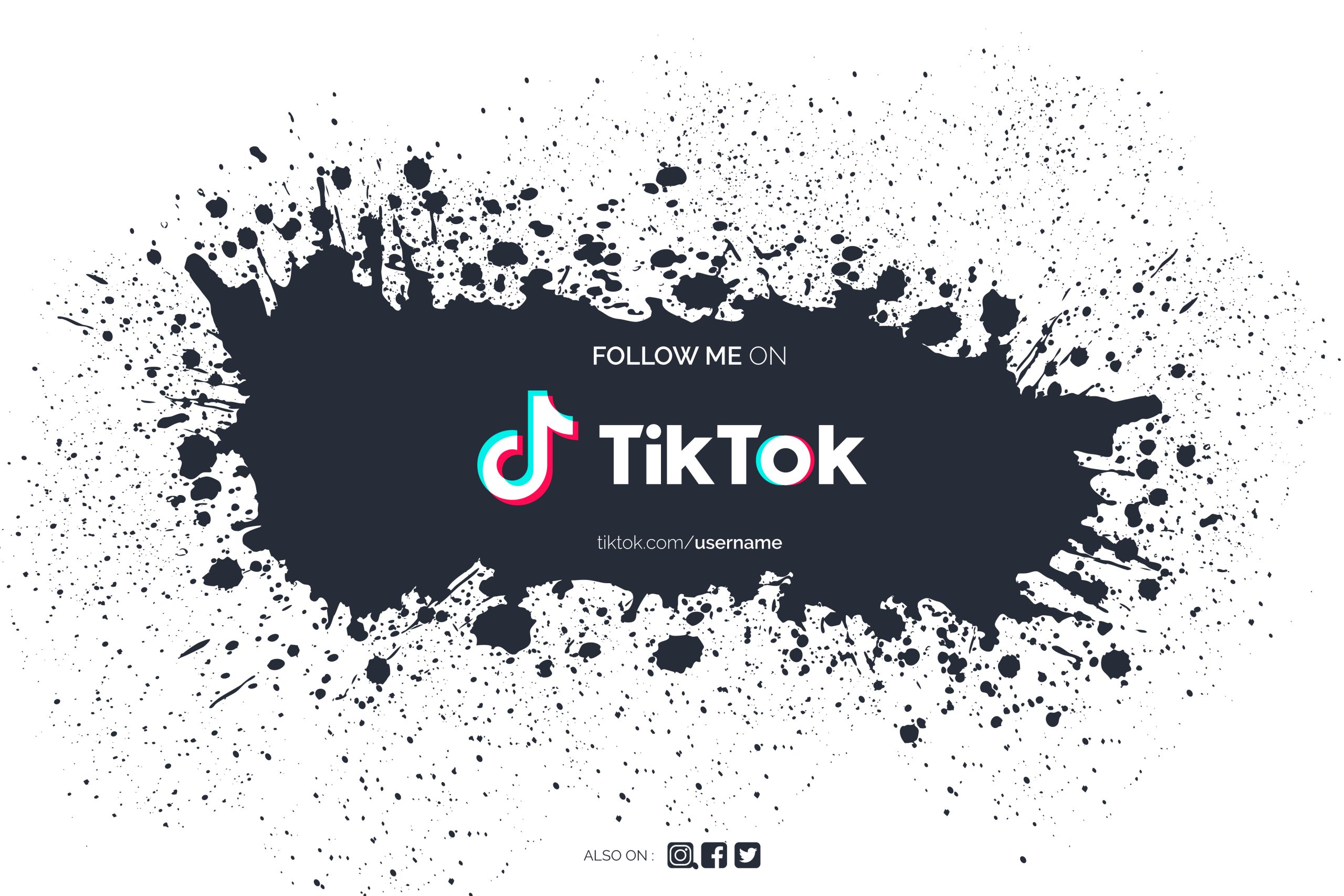In an unprecedented move, social media giant TikTok has filed a lawsuit against the state of Montana after the enactment of a controversial ban on the platform. This legal battle marks the first instance of a U.S. state attempting to restrict access to TikTok, igniting a debate over the intersection of technology, freedom of speech, and state authority.
The ban, which went into effect last week, prohibits the use of TikTok within the borders of Montana, citing concerns over national security and data privacy. Lawmakers argue that the Chinese-owned app poses a significant risk due to its alleged ties to the Chinese government, echoing concerns raised by federal agencies and other countries.
TikTok, owned by the Beijing-based tech company ByteDance, vehemently denies any wrongdoing and claims that the ban infringes upon users’ rights to express themselves and access information. The company argues that it has implemented rigorous data protection measures and has no affiliation with the Chinese government.
Legal experts anticipate a protracted legal battle between TikTok and the state of Montana. The lawsuit is expected to focus on constitutional issues, such as the First Amendment rights to free speech and the Commerce Clause, which prevents individual states from regulating interstate commerce.
Montana’s ban on TikTok has drawn both praise and criticism from various quarters. Supporters of the ban argue that it is a necessary measure to safeguard national security and protect user data. They believe that TikTok’s vast user base, particularly among younger demographics, necessitates increased scrutiny.
However, opponents of the ban raise concerns over potential government overreach and the stifling of free expression. They argue that TikTok has become a cultural phenomenon, enabling users to share creative content and find a sense of community. Moreover, critics contend that the ban may set a dangerous precedent, encouraging other states to follow suit and impede access to popular social media platforms.
As the legal battle unfolds, the outcome will have far-reaching implications for the relationship between technology companies and state governments. It will also serve as a litmus test for the broader debate surrounding data privacy, national security, and the limits of state authority in the digital age.
Both TikTok and the state of Montana are expected to present their arguments before a federal court in the coming months. The case will attract close attention from legal experts, technology companies, civil liberties advocates, and social media users across the United States.
Regardless of the outcome, the legal clash between TikTok and Montana will undoubtedly shape the future of social media regulation and prompt a critical examination of the responsibilities and limitations faced by both tech companies and state governments in the modern era.




